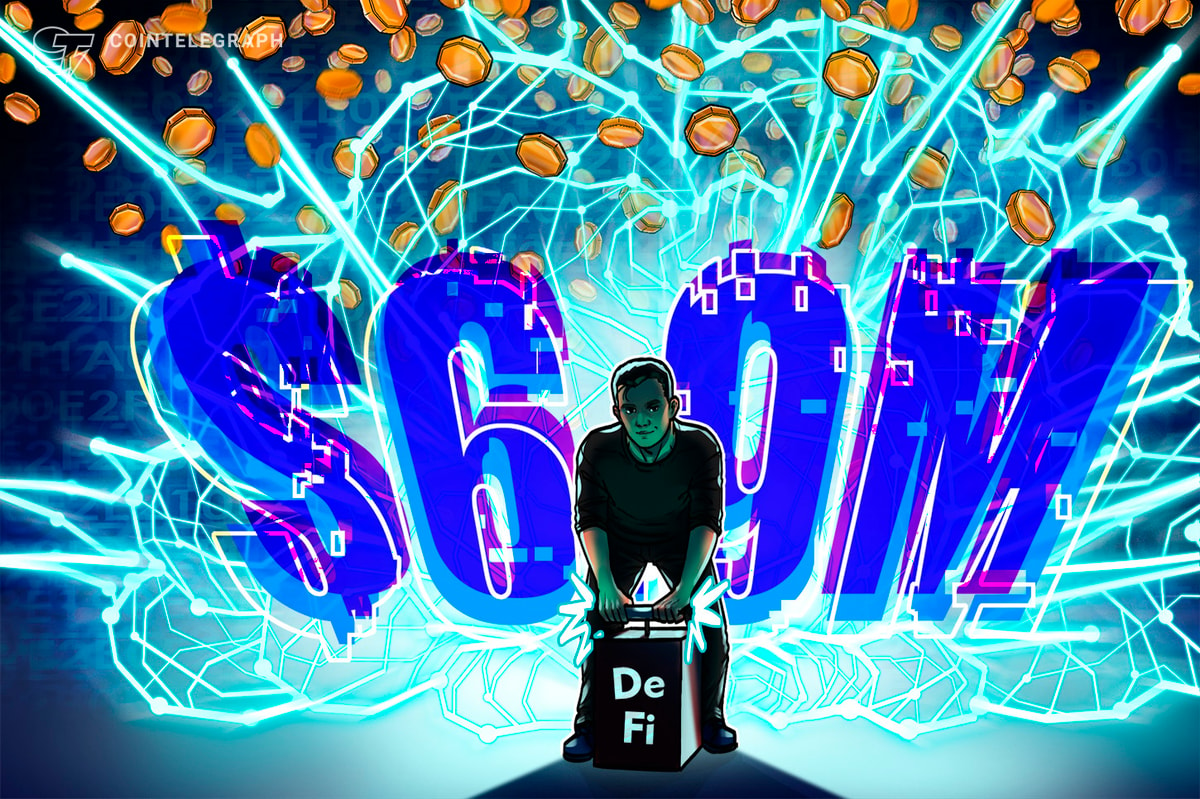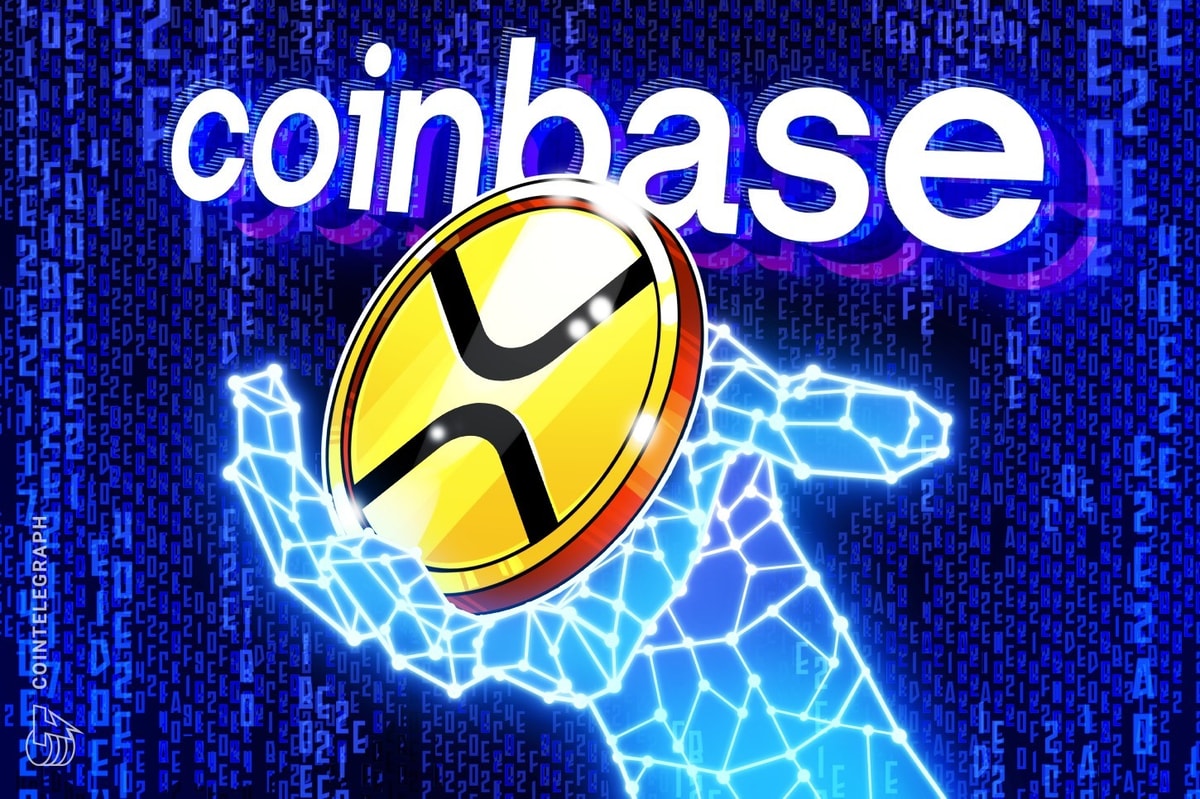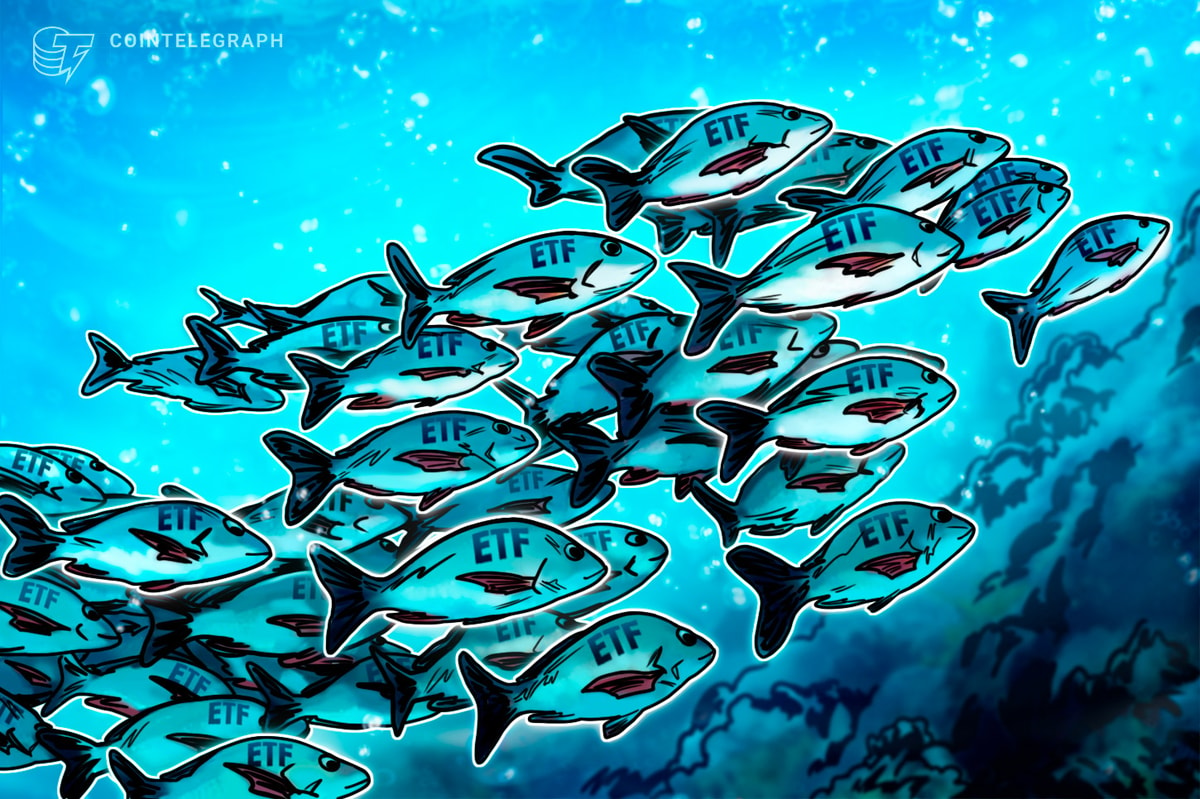Azura, a new all-in-one crypto application aggregation layer, has launched with support from some of the most notable crypto founders.
Azura, which brands itself as an onchain interfacing layer, launched on Oct. 22, aims to lower the entry barrier for new investors and enable them to trade any asset via decentralized finance (DeFi) applications.
Azura aims to support all blockchains and protocols, according to an Oct. 22 X post:
“Azura aggregates all major forms of decentralized infrastructure into a single application. By bundling functionality and abstracting away complexity, Azura preserves the benefits of DeFi—self-custody, decentralization, and transparency—while lowering its barrier to entry.”
The application and interfacing standard. Source: Azura
DeFi users must currently interact with numerous blockchains, protocols, Web3 wallets and blockchain bridges to perform cross-chain transactions.
Azura interface. Source: Azura
According to Azura, this DeFi application fragmentation is a “significant barrier to adoption,” which discourages crypto-beginners from using decentralization applications.
Related: Solana price unfazed by Pump.fun $6.6M sale, $47M SOL remaining
Azura completes $6.9 million round led by Initialized, an early Coinbase investor
To support its launch, Azura announced the completion of a $6.9 million investment round led by Initialized Capital, an early investor in Coinbase, currently the world’s sixth-largest cryptocurrency exchange by market share, according to CoinGecko.
Azura raises $6.9 million. Source: Azura
The $6.9 million round received investments from Volt Capital, Winklevoss Capital, Alliance DAO, Solana co-founder Raj Gokal, CoinShares CSO Meltem Demirors and others.
The Winklevoss twins — Cameron Winklevoss and Tyler Winklevoss — are American rowers and internet entrepreneurs. They are famous for co-founding HarvardConnection and suing Facebook founder Mark Zuckerberg, alleging that Zuckerberg stole their idea to create a social networking site. This case ultimately earned them $65 million.
Cameron & Tyler Winklevoss: Crypto Is the New Safe Haven | BlockShow x SFF. Source: YouTube
Related: Winklevoss twins pledge $2M for Trump, claiming Biden waged war on crypto
DeFi in 2024 is like the early 90s of the internet
The current industry fragmentation is making today’s DeFi ecosystem akin to the internet in the early 1990s.
This makes today’s DeFi applications just as difficult to navigate as the internet over 30 years ago, wrote Azura in its announcement:
“Similarly, users are forced to navigate innumerable services to interact with DeFi. It’s a maze of blockchains, wallets, exchanges, bridges, and other protocols. This fragmentation increases friction and complexity, and serves as a significant barrier to adoption.”
DeFi protocols. Source: Azura
The new DeFi aggregation layer aims to encompass all these decentralized applications under a single intuitive interface, without the complexities of non-recoverable seed phrases or the necessity to set up multiple addresses.
Magazine: Edgelord version of 3AC’s big fat bet on memecoin supercycle: Asia Express










